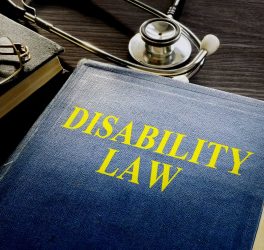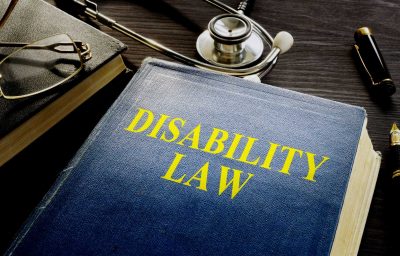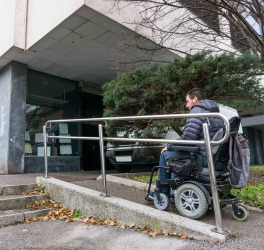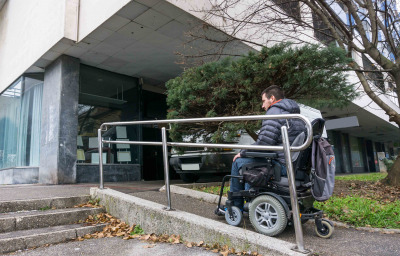
Zambia’s High Court dismissed a challenge to the denial of driving licences to people with hearing disabilities, much to the dismay of advocacy groups.
In the case of Frankson Musukwa and Others v Road Transport and Safety Agency, petitioners challenged the constitutionality of denying people with hearing disabilities driving licences solely based on their disabilities.
They argued that their rights to equality and freedom from discrimination, freedom of movement and privacy were being violated.
Petitioners contended that this law is not in accordance with the Persons with Disabilities Act No. 6 of 2012 which ensures the enjoyment of rights for persons with disabilities on the same basis as others, including the right to non-discrimination based on disability, and equal participation in all aspects of life.
In addition, they stated that the law contravenes the United Nations Convention on the Rights of Persons with Disabilities (CRPD), to which Zambia is a state party, and international best practice, as people with disabilities are routinely issued driving permits and are allowed and able to drive in other countries within the SADC region such as South Africa, Botswana, Namibia, and Zimbabwe.
In a judgment written by Honourable Justice G.C. Chawatama, the High Court dismissed the challenge, ruling the law does not violate the petitioners’ right to movement and that the application of the Act, though discriminatory, was justified “to protect.”
This, despite the Court conceding that the law was not in line with international human rights organizations like CRPD and that there was expert evidence to show that drivers with hearing disabilities do not constitute a risk to safety.
“We are disappointed with the judgment and are considering filing an appeal to challenge it. The Court, in ruling that discrimination against deaf people is justified based on their disability has applied the medical model to persons with disabilities, and not used a human rights-based approach that looks at recognising and removing barriers that prevent persons with disabilities from enjoying their rights on the same basis as others. The judgment is an infringement on the Constitutional and internationally recognised human rights of Deaf people in Zambia,” said Dr. Frankson Musukwa, Executive Director, ZDYW.
“This is a lost opportunity for the practical application of the CRPD, which represents a paradigm shift in applying a human rights-based approach for persons with disabilities,” said Tambudzai Gonese-Manjonjo, Equality Rights Lead, Southern Africa Litigation Centre.








